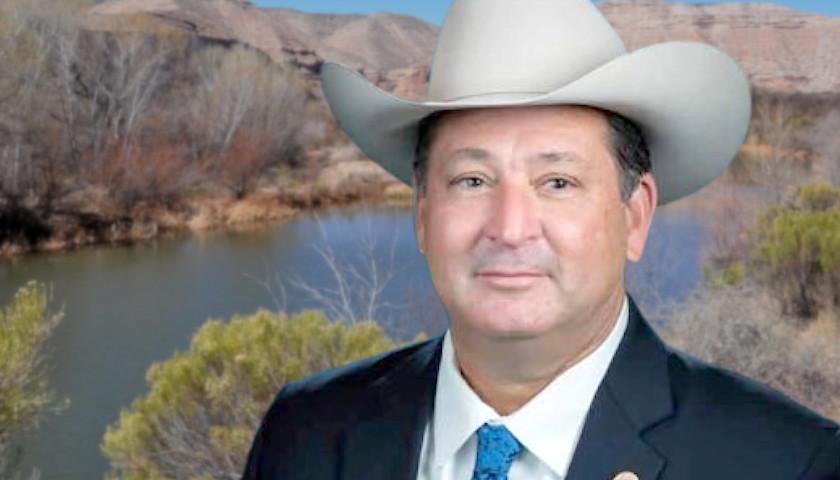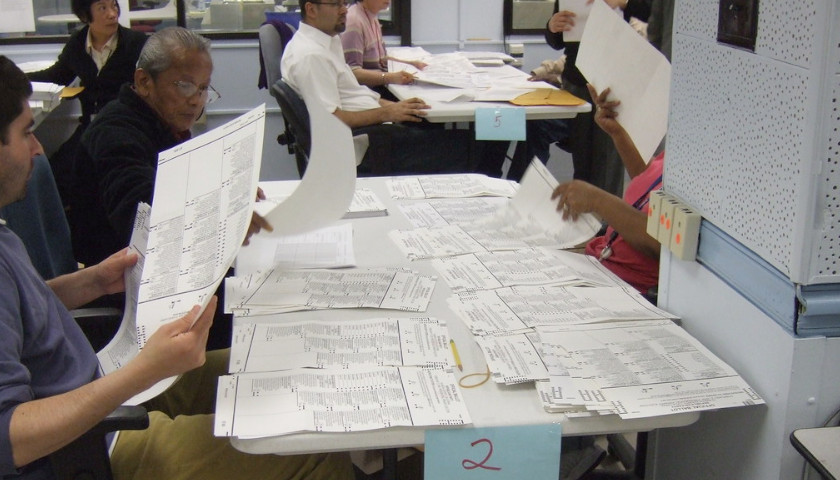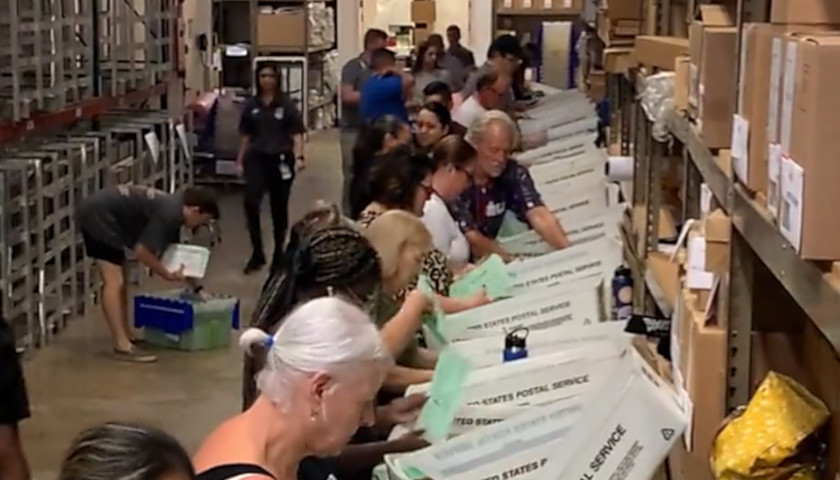Arizona State Representative David Cook (R-Globe) announced Tuesday that his letter asking Attorney General Kris Mayes (D) for her legal opinion regarding the Rio Verde Foothills (RVF) area water situation had received a response.
“I’m grateful to the Attorney General for this informative response clarifying a county board’s legal authority in this matter,” said Cook in an update emailed to the press. “I believe this could be immensely helpful in the effort to provide relief for Rio Verde residents who continue to struggle without a reliable point of access to water for their homes and families. I will continue working with the residents and other parties until a comprehensive solution is in place.”
As reported by The Arizona Sun Times, the RVF community previously relied on the city of Scottsdale for its water supply until Scottsdale prohibited the community from hauling city water at beginning of January. According to this city, the shut-off came per its drought management plan. Additionally, Scottsdale has stated for years it never intended to be the RVF’s permanent water supply and warned multiple times the shut-off was coming.
Since the shut-off, Cook has been involved in searching for a fix and proposed a short-term solution that would take water from the Gila River Indian Community, run it through Scottsdale’s infrastructure, and get it to the RVF area while a permanent solution remains in the works.
Cook made his inquiry at the end of January, specifically asking if a county board of supervisors can enter “into a short-term lease agreement with a government entity and/or a private company that would supply water to county residents[.]”
In Maye’s response to Cook, she said yes, a county board can enter an agreement like this in certain conditions. Under Arizona Revised Statutes (ARS) § 11–251, county boards have the authority to adopt “provisions necessary to preserve the health of the county, and provide for the expenses thereof.” Moreover, Mayes pointed to the Arizona Supreme Court Case City of Tombstone v. Macia, which stated that “one of the agencies most conducive to a high standard of public health is a pure and abundant water supply.” Additionally, Veach v. City of Phoenix determined that residents who lose access to a steady water supply face the public health issue of fires.
“When county residents lose access to their previous water source, and there will be a delay before regular service can resume, counties have the power to preserve public health and sanitation by contracting with a utility or another government entity to provide water on an emergency basis,” Mayes said in her opinion emailed to reporters.
However, Mayes did emphasize that a county board can only provide a temporary solution, not set up a permanent one.
As an unincorporated area, RVF falls under the authority of Maricopa County Board of Supervisors member Thomas Galvin. Fields Moseley, Communications Director for Maricopa County told The Sun Times via email that county attorneys are currently reviewing Mayes’s opinion and will brief the board on it “in the near future.” The county itself does not own or manage any water, but if Mayes’s opinion holds true, the board could make arrangements with entities that do.
Moreover, a permanent solution has been suggested. RVF community members filed a lawsuit against Scottsdale to keep the water on and shared that Canadian water utility company EPCOR has expressed interest in providing the community with permanent water. However, the company estimated it could take two or three years to complete the project, which is why a temporary solution is needed for the community.
– – –
Neil Jones is a reporter for The Arizona Sun Times and The Star News Network. Follow Neil on Twitter. Email tips to [email protected].
Background Photo “Verde River” by Finetooth. CC BY-SA 3.0.





